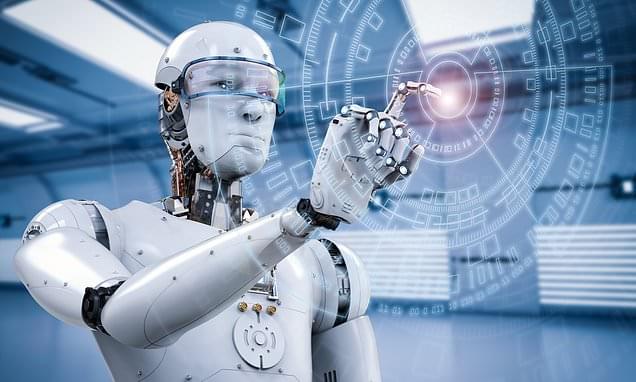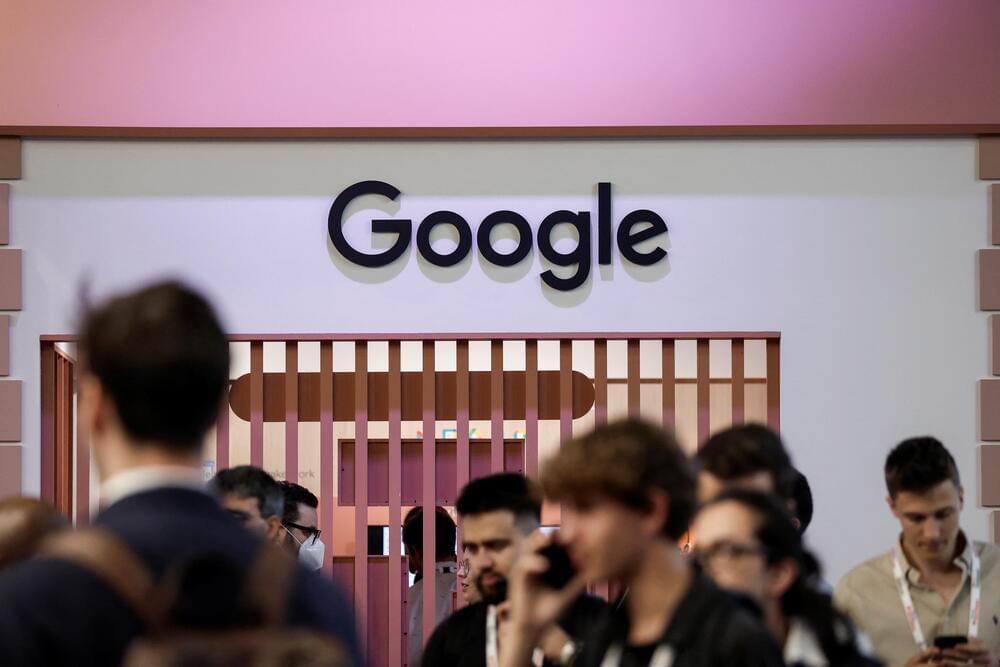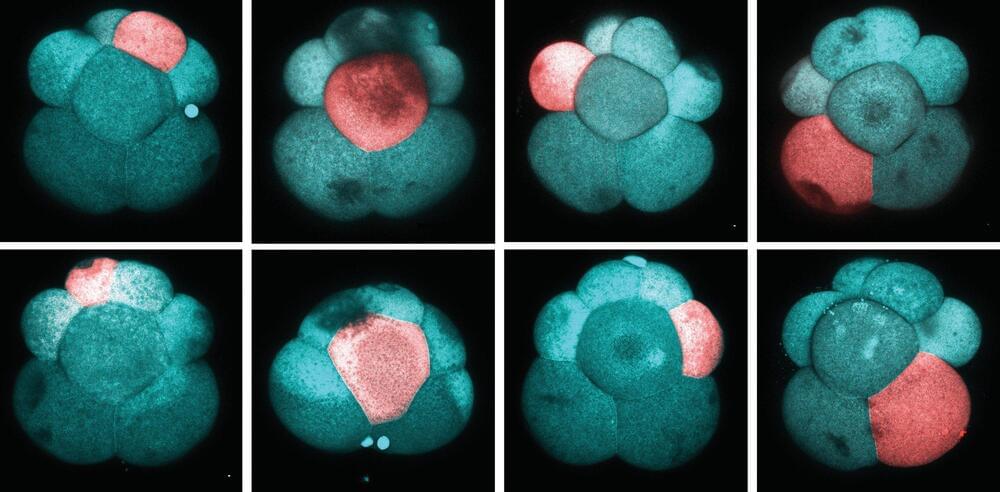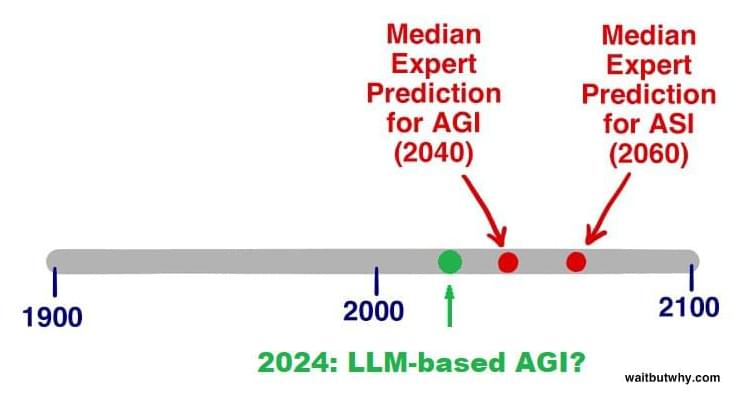AI-powered bots like ChatGPT are changing how humans interact with computers, but with its ability to write poems and take exams, some people fear this technology will takeover the job market.



It seems Google is feeling the heat from OpenAI’s ChatGPT. The artificial intelligence-powered chatbot has taken the tech world by storm over the last couple months, as it can provide users with information they’re looking for in an easy-to-understand format. Google sees ChatGPT as a threat to its search business and has shifted plans accordingly over the last several weeks, according to The New York Times.
The report claims CEO Sundar Pichai has declared a “code red” and accelerated AI development. Google is reportedly preparing to show off at least 20 AI-powered products and a chatbot for its search engine this year, with at least some set to debut at its I/O conference in May.
According to a slide deck viewed by the Times, among the AI projects Google is working on are an image generation tool, an upgraded version of AI Test Kitchen (an app used to test prototypes), a TikTok-style green screen mode for YouTube and a tool that can generate videos to summarize other clips. Also in the pipeline are a feature titled Shopping Try-on (perhaps akin to one Amazon has been developing), a wallpaper creator for Pixel phones and AI-driven tools that could make it easier for developers to create Android apps.

Stem cells are a remarkable biological wonder that have the ability to repair, replace and regenerate cells. In most animals and humans, stem cells are limited to generating only specific types of cells. For example, hair stem cells will only produce hair, and intestine stem cells will only produce intestines. However, many distantly-related invertebrates.
Invertebrates are animals that do not have a backbone. They make up the majority of the animal kingdom and include animals such as insects, worms, mollusks, and arachnids. Invertebrates are found in almost every habitat on Earth, from the depths of the oceans to the highest mountains. They play important roles in the ecosystem as decomposers, pollinators, and as a food source for other animals. Invertebrates have a wide range of body shapes, sizes, and behaviors, and they have evolved a variety of ways to survive and thrive in their environments.
In 1951, Henrietta Lacks, a young black woman from Baltimore, died of cancer. However, before her death a small sample of her cells were taken from her without her knowledge, and these cells did not die. Unlike every other previous sample of human cells, these continued to grow and multiply and still do so today. The HeLa cells became the first ‘immortalised human cell line’ and have helped both save and create millions of lives ever since. Video by Dan John Animation by Lily Baker.

ChatGPT is not yet AGI, so-called, artificial general intelligence. And it may have some fundamental limitations. But here I argue we might get early GPT-based AGI around 2024. Let’s talk about how that might happen.
Here’s a few quick assumptions I make:
The Turing test used to be the gold standard for proving machine intelligence. This generation of bots is racing past it.
Synced has previously covered additional research on the use of WiFi signals for human pose and action recognition through walls and the associated risks of such technologies.
Please note that the DensePose-COCO and DensePose-PoseTrack datasets are distributed under NonCommercial Creative Commons license.
Dense human pose estimation aims at mapping all human pixels of an RGB image to the 3D surface of the human body.
This video covers the world in a billion years and its future technologies. Watch this next video about the world in a million years: https://bit.ly/3xe50by.
► Support This Channel: https://www.patreon.com/futurebusinesstech.
► Udacity: Up To 75% Off All Courses (Biggest Discount Ever): https://bit.ly/3j9pIRZ
► Brilliant: Learn Science And Math Interactively (20% Off): https://bit.ly/3HAznLL
► Jasper AI: Write 5x Faster With Artificial Intelligence: https://bit.ly/3MIPSYp.
SOURCES:
• The Future of Humanity (Michio Kaku): https://amzn.to/3Gz8ffA
• The Singularity Is Near: When Humans Transcend Biology (Ray Kurzweil): https://amzn.to/3ftOhXI
Patreon Page: https://www.patreon.com/futurebusinesstech.
Official Discord Server: https://discord.gg/R8cYEWpCzK
💡 On this channel, I explore future technologies and how they could impact society.
SUBSCRIBE: https://bit.ly/3geLDGO
Disclaimer:
Why doesn’t anything go faster than the speed of light? Want to see the world through the eyes of a scientist? Visit https://brilliant.org/astrum to sample their courses for free, and the first 200 of you will get 20% off Brilliant’s annual premium subscription.
Previous episodes: https://www.youtube.com/watch?v=tv3UrO2gHxQ&list=PL2gLpWRK0Q…uzb-c1vE4g.
Astrum merch now available!
Apparel: https://teespring.com/stores/astrum-space.
Metal Posters: https://displate.com/promo/astrum?art=5f04759ac338b.
SUBSCRIBE for more videos about our other planets.
Subscribe! http://goo.gl/WX4iMN
Facebook! http://goo.gl/uaOlWW
Twitter! http://goo.gl/VCfejs.
Astrum Spanish: https://bit.ly/2KmkssR
Astrum Portuguese: https://www.youtube.com/channel/UChn_-OwvV63mr1yeUGvH-BQ
Donate!
Is the universe flat, spherical or hyperbolic? Sponsored by Ridge Wallet. Use the link https://ridge.com/astrum/ to get the best offer of up to 40% off until Dec 22nd.
Series playlist: https://www.youtube.com/watch?v=tv3UrO2gHxQ&list=PL2gLpWRK0Q…uzb-c1vE4g.
Astrum merch now available!
Apparel: https://teespring.com/stores/astrum-space.
Metal Posters: https://displate.com/promo/astrum?art=5f04759ac338b.
SUBSCRIBE for more videos about our other planets.
Subscribe! http://goo.gl/WX4iMN
Facebook! http://goo.gl/uaOlWW
Twitter! http://goo.gl/VCfejs.
Instagram! https://www.instagram.com/astrumspace/
TikTok! https://www.tiktok.com/@astrumspace.
Astrum Spanish: https://bit.ly/2KmkssR
Astrum Portuguese: https://www.youtube.com/channel/UChn_-OwvV63mr1yeUGvH-BQ
Donate!